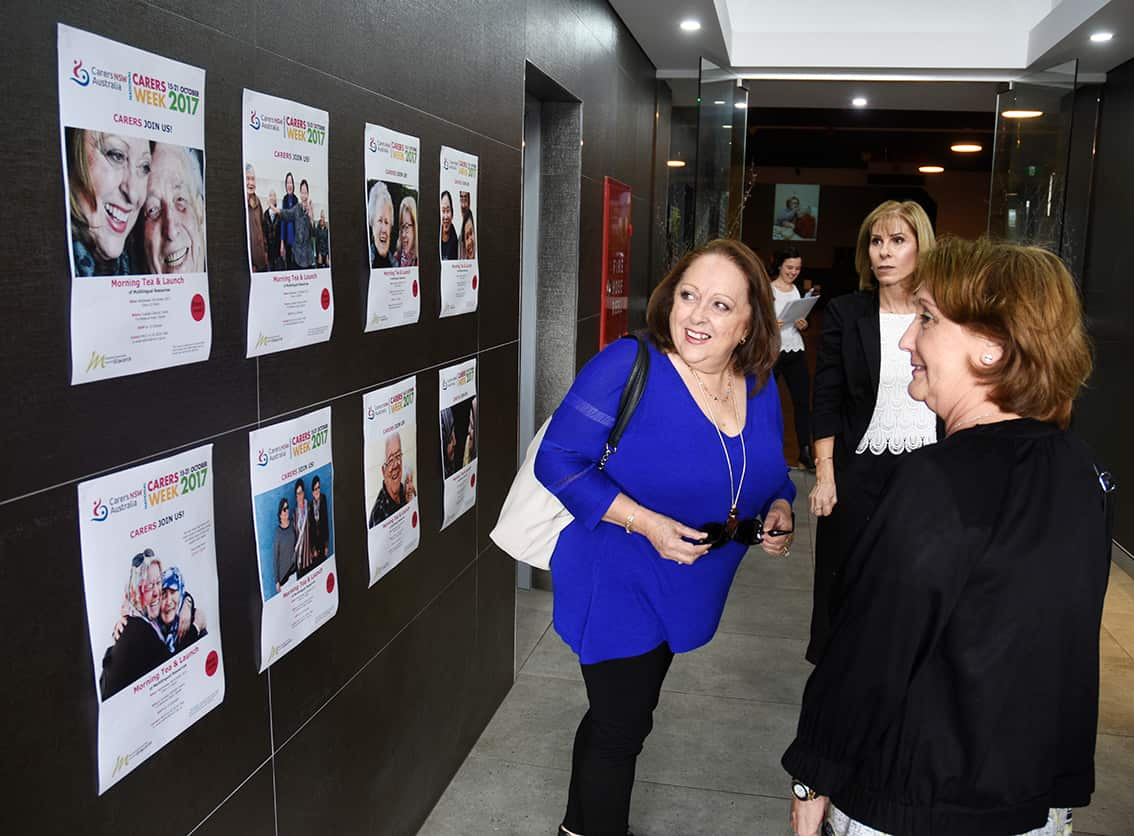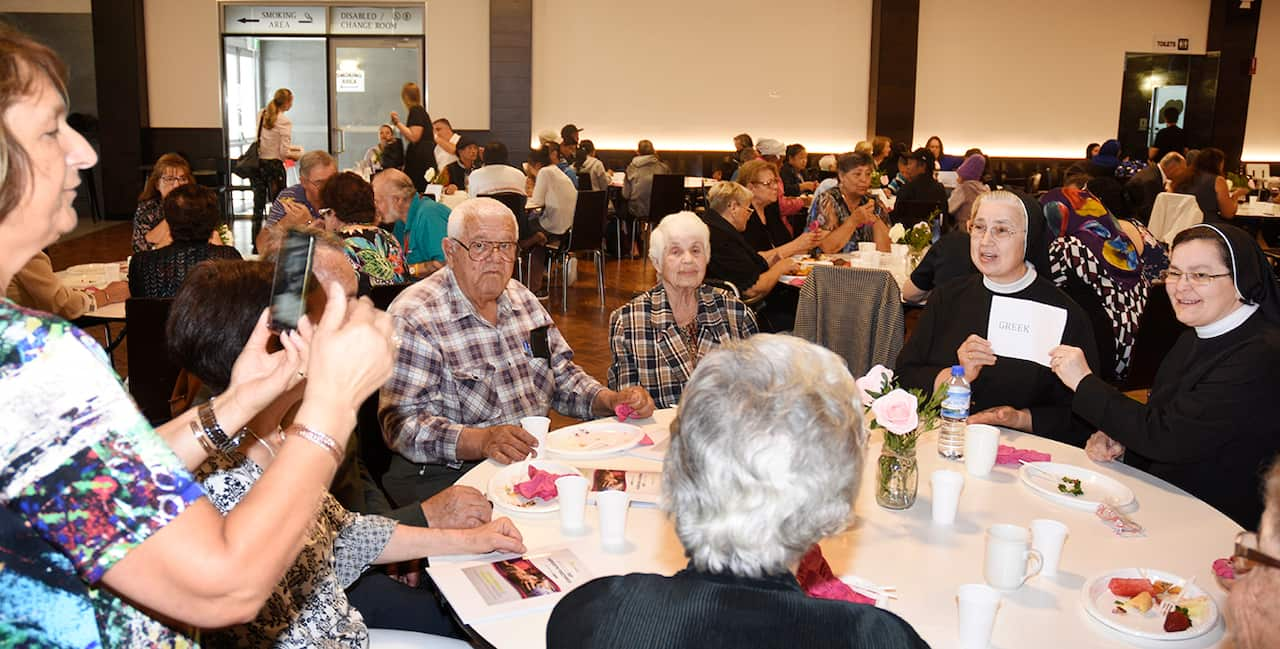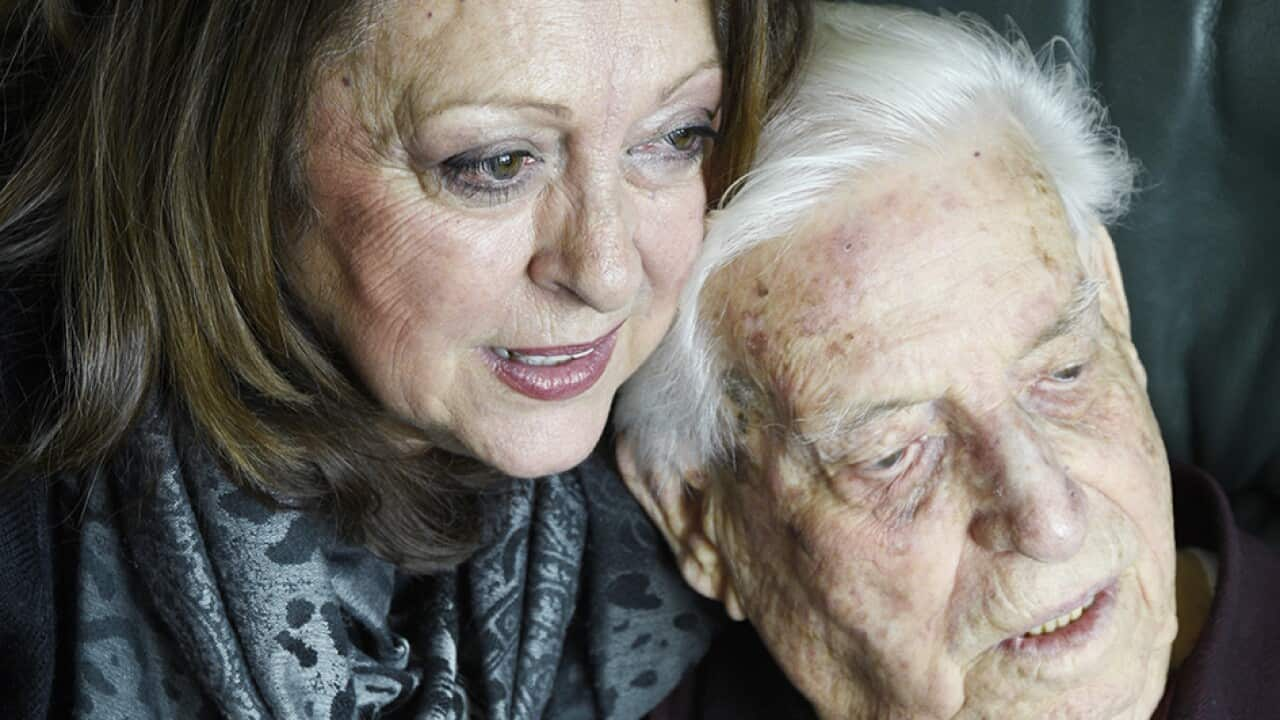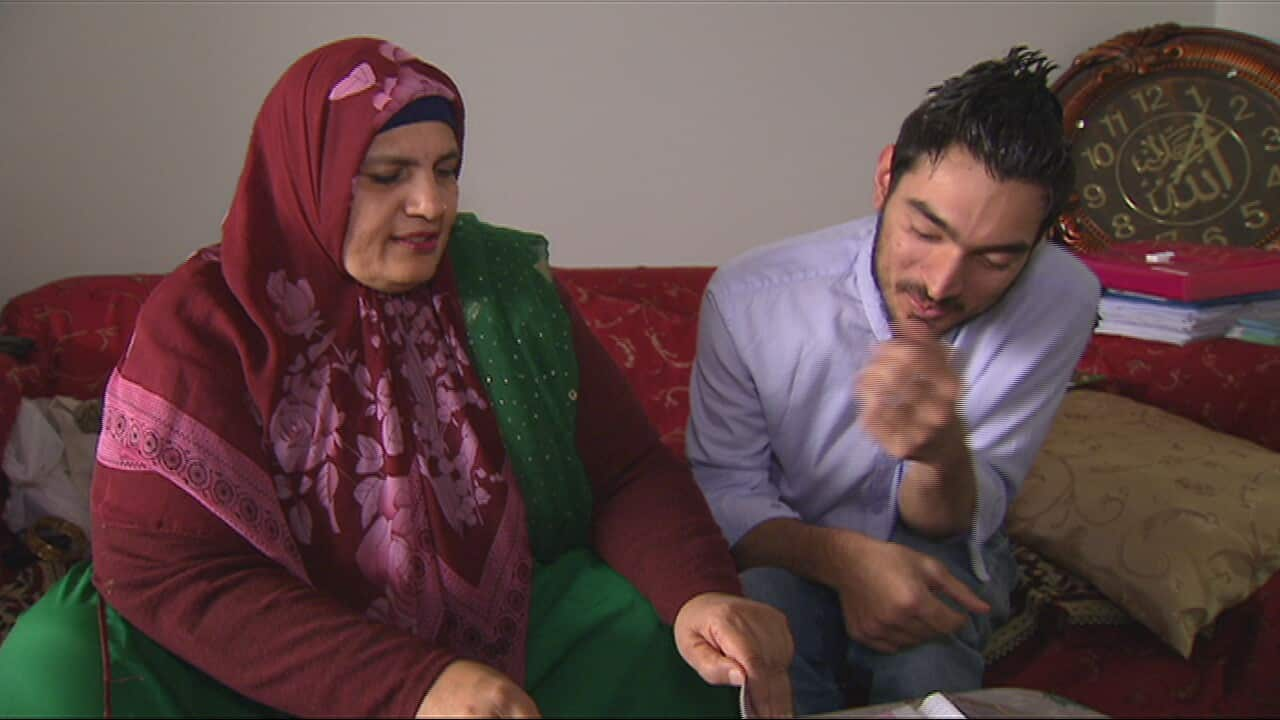Carmen Reed was driving home after a day caring for some of her seven grandchildren when she received a call she had been waiting for.
“I cried and cried and cried,” she told SBS News.
It was a nursing home advising her that a place had just opened up for both of her elderly parents.
But instead of breathing a sigh of relief, the Wollongong woman was distraught.
“I felt responsible because I couldn’t take care of them,” Ms Reed said.
She wasn’t alone in feeling guilty.
“Ten years ago for Spanish people that would be a ‘no, no’,” she said, relaying the story of a Spanish woman who had put her parents in a nursing home and received criticism from the community.
“But attitudes are changing and more and more… I think the culture is more accepting.”
Ms Reed had been under pressure for a long time until a doctor’s advice to take anti-depressants changed her hesitancy about putting her parents in a home.
“He said to me, ‘Carmen, you’ve got to make a decision; do you want to be a [full-time] carer or do you want to be a daughter?’”
She knew what she had to do; her parents were moving to a nursing home. It was a decision which let her spend quality time with her mother - who developed Alzheimer’s - doing her hair and reminiscing about her childhood, until she passed away two years ago.

Carmen Reed at the event. Source: Supplied/SBS World News
A carer since childhood
Ms Reed is now caring for her 94-year-old father despite him living at the nursing home. He faces a number of challenges including macular degeneration (age-related vision loss) and diabetes. But it is the communication issues that also make things difficult.
“Sometimes he won’t say things like, ‘I’ve got this problem,’” Ms Reed says.
“I’m constantly in contact with the nursing home and they tell me, ‘Your father should tell us when he’s got a problem,’ but he says, 'I hate bothering them'.”
For Ms Reed, it’s a reliance that has been in place since she was a child. She would help interpret for her parents decades ago when they arrived in Australia.
“The challenges, I think with our culture, we take for granted that is the role we have to play with our parents," she said.
“I would always be a non-paid carer, but it was voluntary, I never felt it was a burden in any way.”
Ms Reed does not receive any Centrelink support for her role and says she would not take it if she did qualify.
But she is part of a group of carers from multicultural backgrounds who were honoured at a ceremony in NSW's Wollongong region on Wednesday to recognise the role they play in society. At the event, organised by the Multicultural Communities Council of Illawarra, a booklet was launched featuring the stories of carers from a diverse range of communities including Burmese, Vietnamese, Portuguese, Spanish/Latin American, Lebanese, Turkish, Italian and Greek.
At the event, organised by the Multicultural Communities Council of Illawarra, a booklet was launched featuring the stories of carers from a diverse range of communities including Burmese, Vietnamese, Portuguese, Spanish/Latin American, Lebanese, Turkish, Italian and Greek.

The Multicultural Communities Council of Illawarra event honouring carers. Source: Supplied/SBS World News
Ms Reed says it’s important that carers from diverse backgrounds know they are not alone in their efforts.
“So many of us, there for whatever reason, we’ve been doing it all our lives without realising because it’s part of your family.”
Share



